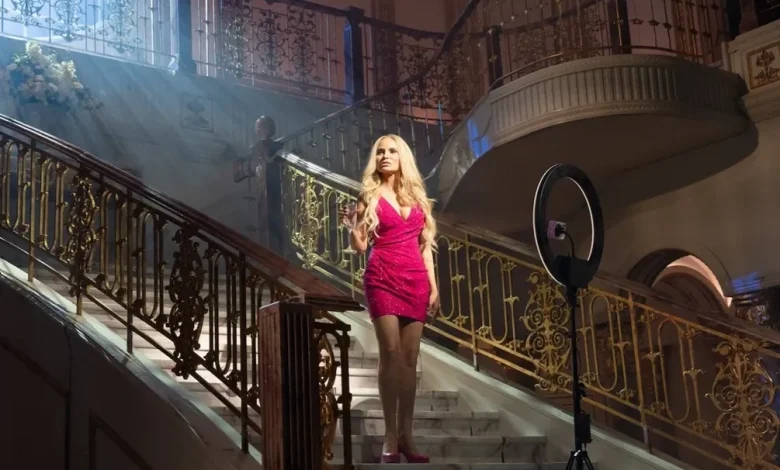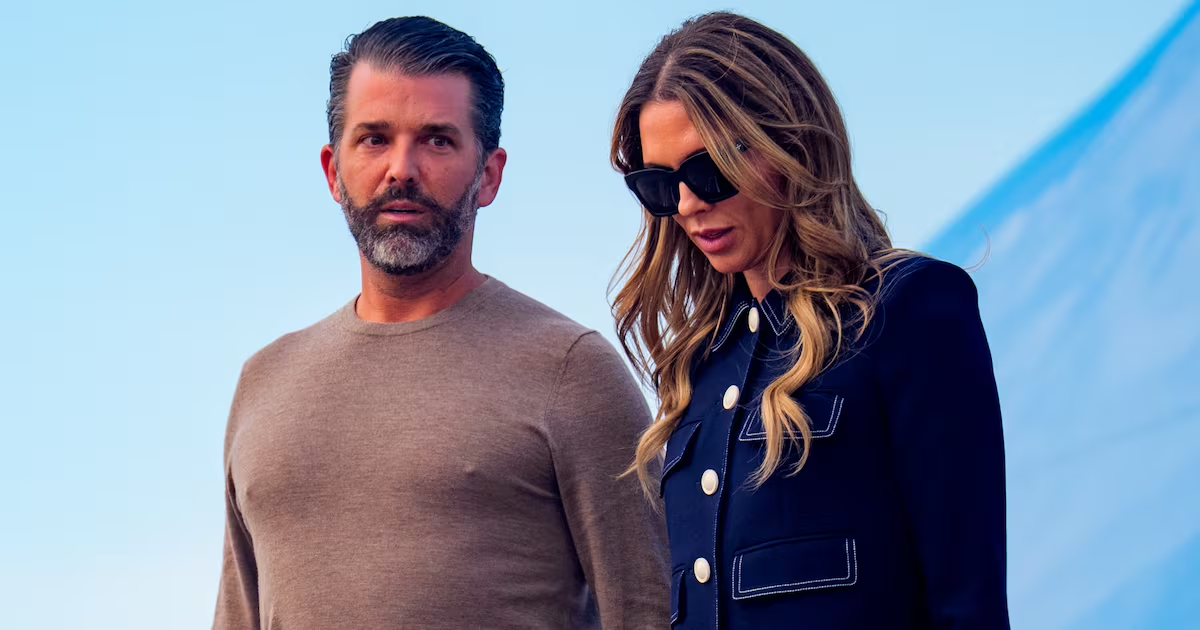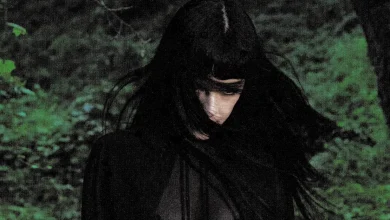The Queen of Versailles: Chenoweth Is Crowned As Broadway Royalty

Kristin Chenoweth in The Queen of Versailles. Photo: Julieta Cervantes
Coming fortuitously on the heels of our president’s latest outrage – his assault on the White House’s sainted East Wing – is The Queen of Versailles. Another real-life tale of architectural excess, it impresses as the sharpest critique of one-percenter entitlement to hit Broadway in a long time. Actually it’s two musicals, a pointed satire that sits, sometimes uneasily, next to a sympathetic portrait of an American striver. What holds them together is the powerhouse performance of Kristin Chenoweth, triumphantly reunited with Wicked composer-lyricist Stephen Schwartz. This lavishly overstuffed, irresistibly entertaining confection is impossible to imagine without her.
Chenoweth embodies rather than plays Jackie Mallory, a working-class Midwestern single mom who barreled east to win both a Mrs. Florida pageant and the heart of aging billionaire David Siegel (F. Murray Abraham). The owner of deluxe timeshare resorts in Orlando and Vegas had the means to indulge his spouse’s every whim, including a passel of kids and pets, servants in double-digits and – most famously – the ambition to construct America’s largest home, 90,000 square ft., on the model of the famous French palace. (Or, at least, of the top three floors of a Vegas Versailles replica.)
Act one closely follows the rags-to-riches-to-rags structure of Lauren Greenfield’s 2012 documentary of the same title, dramatizing the collapse of Siegel’s empire in the Crash of 2008. The schadenfreude of a family forced to pivot from plenty to penury is conveyed by librettist Lindsey Ferrentino with a glee that would delight that irrepressible scourge of capitalism, Bertolt Brecht. B.B. would particularly appreciate the heavily presentational nature of Ferrentino’s approach, with Jackie regularly addressing the film crew (i.e. us) to put every setback in the most favorable light while leaving us to draw our own dour conclusions. On at least three occasions she tosses favors to the crowd (i.e. us): Noblesse oblige! Designer Dane Laffrey’s witty video segments provide ironic commentary, as does a series of cameo appearances by none other than Louis XIV and his court (Christian Cowan’s gowns and Cookie Jordan’s perukes are to die for), reminding us in song why the Siegels of yesteryear and today always run wild with their cash: “Because we can!” Or as Jackie herself crassly puts it, “If you can make things bigger…do!”
[Read David Finkle’s ★★☆☆☆ review here.]
Still, whether it’s because Greenfield couldn’t help portraying Jackie in a sympathetic light, or because the iron laws of musical comedy require a protagonist we can root for, Versailles again and again abandons its snarky, presentational stance to highlight the queen’s human, vulnerable side. She’s far more kind than she is thoughtless, sensitive to the discomfort of plain-Jane daughter Victoria (Nina White) and adoptee Jonquil (Tatum Grace Hopkins; both young ladies are first-rate) and solicitous of her husband’s crotchets, delivered by Abraham with steely ferocity. It’s pointed out more than once that Jackie was no nepo baby or trophy wife: She achieved a college engineering degree working two jobs, and when the money ran out she never balked at whatever it took, even QVC gigs, to keep the Siegels together. Isn’t this what the American Dream is supposed to be about – working hard and overcoming setbacks?
But for every repetition of her can-do mantra “Keep on thrustin’” (said by one who won’t wait to have greatness “thrust upon” her), she falls into a reverie of herself as “American royalty…Champagne wishes and caviar dreams.” It’s this ongoing tension between approving and excoriating Jackie’s excesses, between questioning and rationalizing her means and ends, that confuses exactly what Jackie Siegel is meant to represent. Much of act two revolves around a wrenching tragedy (true-to-life, but not part of the documentary), and the show can’t seem to decide just how sad it was, or whom to blame, or whether the Siegels’ response to it was cynical or sincere. Though the real Orlando megamansion is said to be still under construction, the musical goes full-out Cinderella in having it completed, with Laffey’s gasp-inducing re-creation taking “If you can make things bigger, do” to heart. But when Jackie’s retinue falls away and she’s left alone, are we to take her as Auntie Mame triumphant, as Miss Havisham demented, or as Citizen Kane, pathetic in Xanadu?
That the show seems to want to have it both ways may bother some. Director Michael Arden, who has tightened things up considerably since a 2024 Boston tryout, controls the pacing and focus with his usual confidence such that audiences may not even register the material’s ambivalence. Me, I was content to revel in Schwartz’s score, perhaps the most heartfelt, varied and robust of his career; in the variety and inventiveness of the production’s scenography; and above all in seeing a genuine Broadway star at the peak of her powers. Chenoweth embraces all her character’s contradictions as if they didn’t exist, translating her own belief in herself into Jackie’s. Unforgettable, the both of ‘em.





